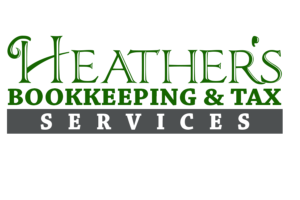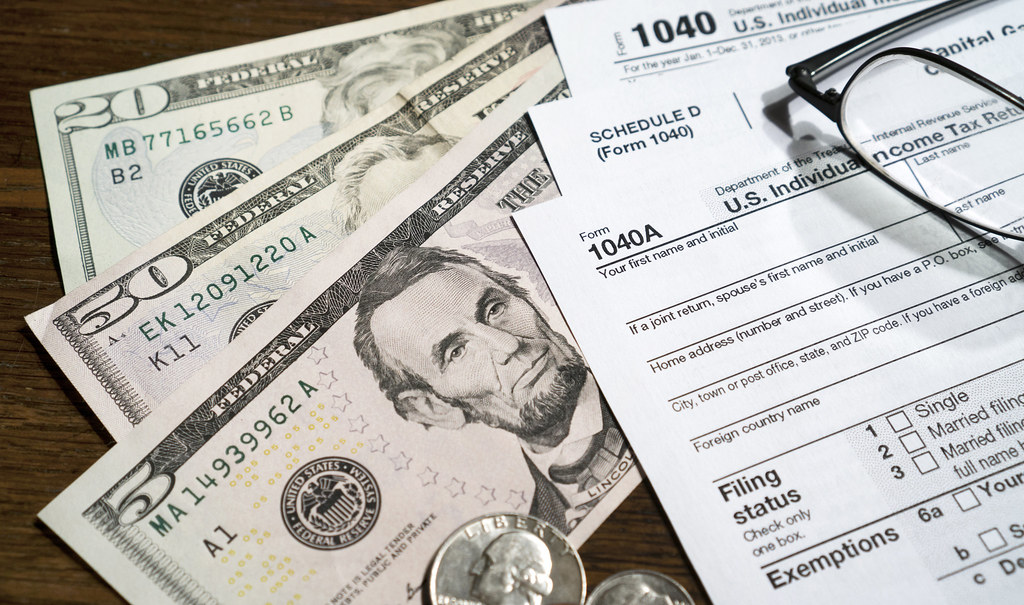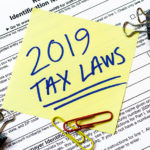HOW LONG DO YOU NEED TO KEEP YOUR PERSONAL TAX RECORDS?
Federal law requires you to maintain copies of your tax returns and supporting documents for three years. This is called the “three-year law” and leads many people to believe they’re safe provided they retain their documents for this period of time.
However, if the IRS believes you have significantly underreported your income (by 25 percent or more), or believes there may be an indication of fraud, it may go back six years in an audit. To be safe, use the following guidelines.
Personal Documents To Keep For One Year
- Bank Statements
- Paycheck Stubs (reconcile with W-2)
- Canceled checks
- Monthly and quarterly mutual fund and retirement contribution statements (reconcile with year-end statement)
Personal Documents To Keep For Three Years
- Credit Card Statements
- Medical Bills (in case of insurance disputes)
- Utility Records
- Expired Insurance Policies
Personal Documents To Keep For Six Years
- Supporting Documents For Tax Returns
- Accident Reports and Claims
- Medical Bills (if tax-related)
- Property Records / Improvement Receipts
- Sales Receipts
- Wage Garnishments
- Other Tax-Related Bills
Personal Records To Keep Forever
- CPA Audit Reports
- Legal Records
- Important Correspondence
- Income Tax Returns
- Income Tax Payment Checks
- Investment Trade Confirmations
- Retirement and Pension Records
- Car Records (keep until the car is sold)
- Credit Card Receipts (keep with your credit card statement)
- Insurance Policies (keep for the life of the policy)
- Mortgages / Deeds / Leases (keep 6 years beyond the agreement)
- Pay Stubs (keep until reconciled with your W-2)
- Property Records / improvement receipts (keep until property sold)
- Sales Receipts (keep for life of the warranty)
- Stock and Bond Records (keep for 6 years beyond selling)
- Warranties and Instructions (keep for the life of the product)
- Other Bills (keep until payment is verified on the next bill)
- Depreciation Schedules and Other Capital Asset Records (keep for 3 years after the tax life of the asset)





